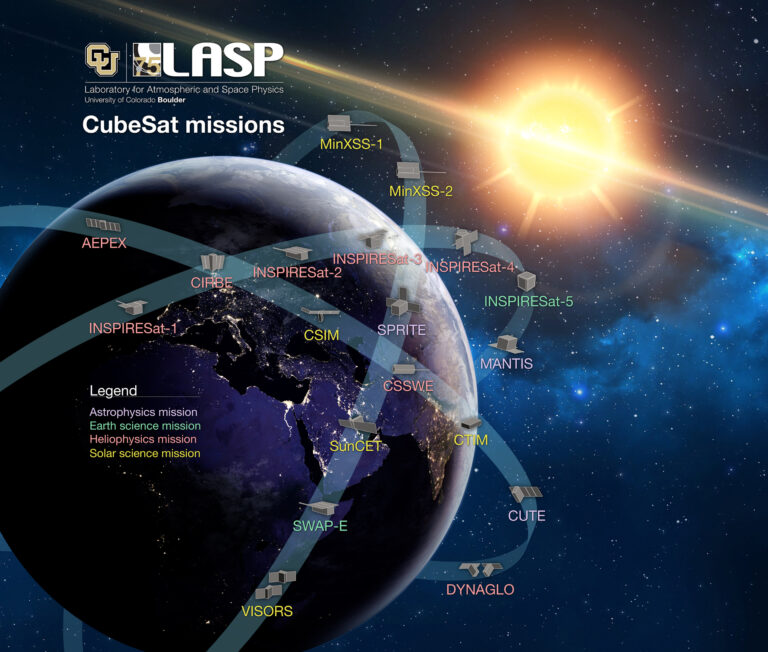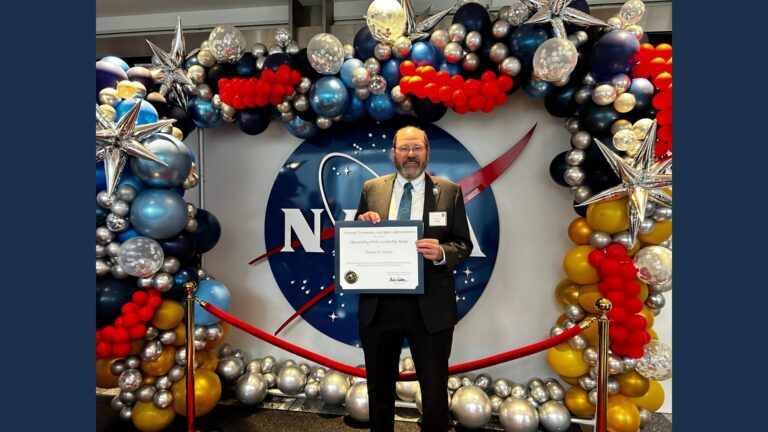Get to Know a LASPian is a Q&A profile series that features LASP employees and the work that they do. This fifth profile in the series highlights Chip Bollendonk, the Lead Mechanical Engineer for the Interstellar Dust EXperiment (IDEX) here at LASP. Before joining LASP in 2021, he graduated from CU Boulder with both his Bachelor’s and Master’s degrees in Mechanical Engineering.
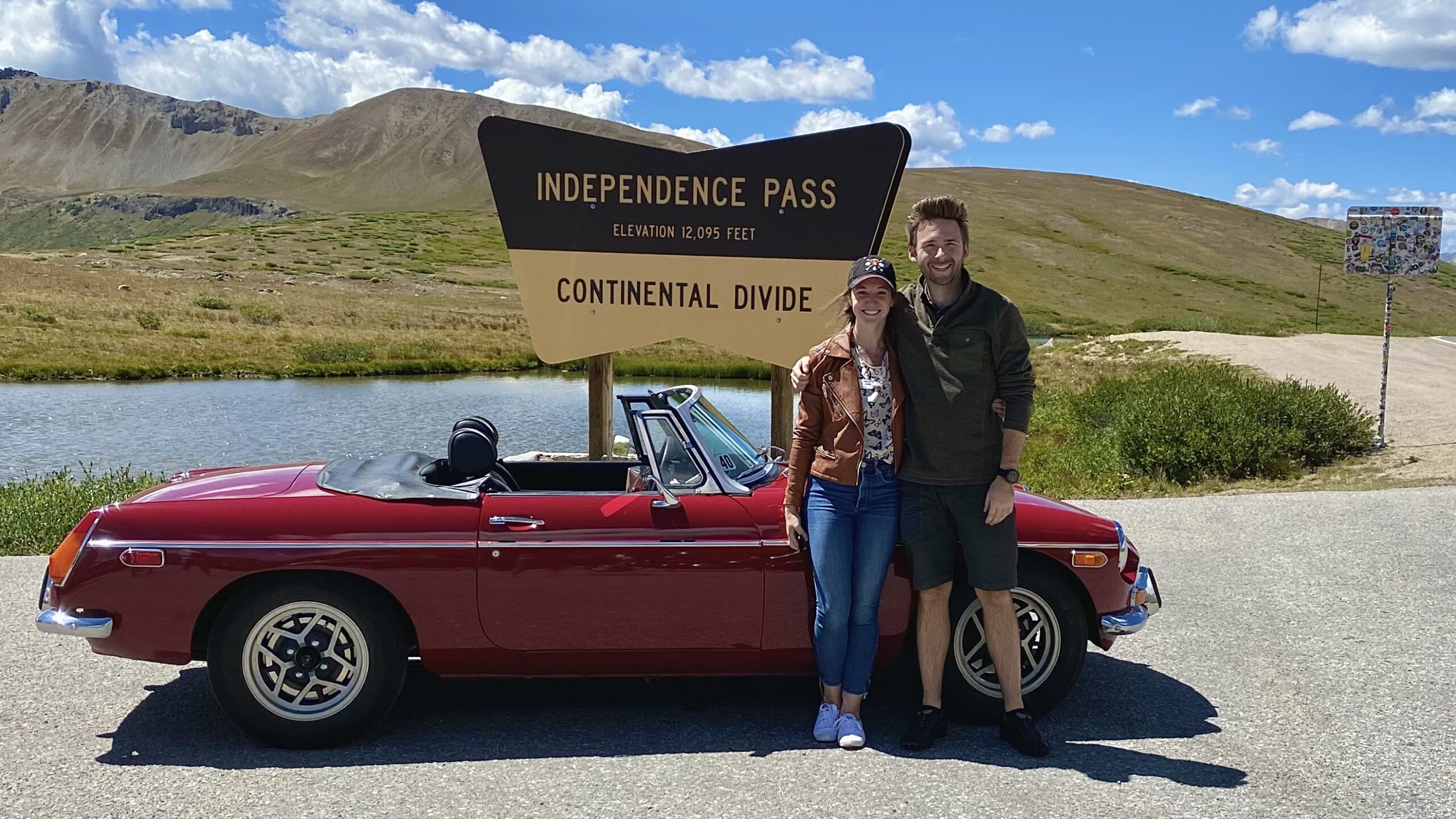
Q: As a child, what did you want to be when you grew up?
A: I grew up in Littleton, Colorado, and graduated from Littleton High School. I wanted to be an astronaut, but also loved performing and doing theater. Now I’m an aerospace engineer and play in a band, so I guess I got pretty close!
Q: What is your educational background?
A: I graduated from the University of Colorado Boulder in 2017 with my Master’s and Bachelor’s degrees in Mechanical Engineering. I was a Boettcher Scholar and also received a Minor in Leadership through my participation with the Presidents Leadership Class at CU. During my undergraduate years I interned at LASP on the Global-scale Observations of the Limb and Disk (GOLD) mission, which was the most impactful part of my education in becoming a practicing engineer.
Q: What’s an average day like on the job?
A: I’m the Lead Mechanical Engineer for the Interstellar Dust EXperiment (IDEX), which is an instrument on the Interstellar Mapping and Acceleration Probe (IMAP) mission launching in 2025. My role involves designing and building the mechanical components of the instrument along with a small team of other mechanical engineers. Our job is really fun because we get to actually have hands-on time with our project, and we have a very active role in the assembly and test activities associated with a complex space instrument. As the Lead, I also get to interface with the spacecraft team and other LASP discipline engineers to make sure IDEX will work properly and take amazing data.
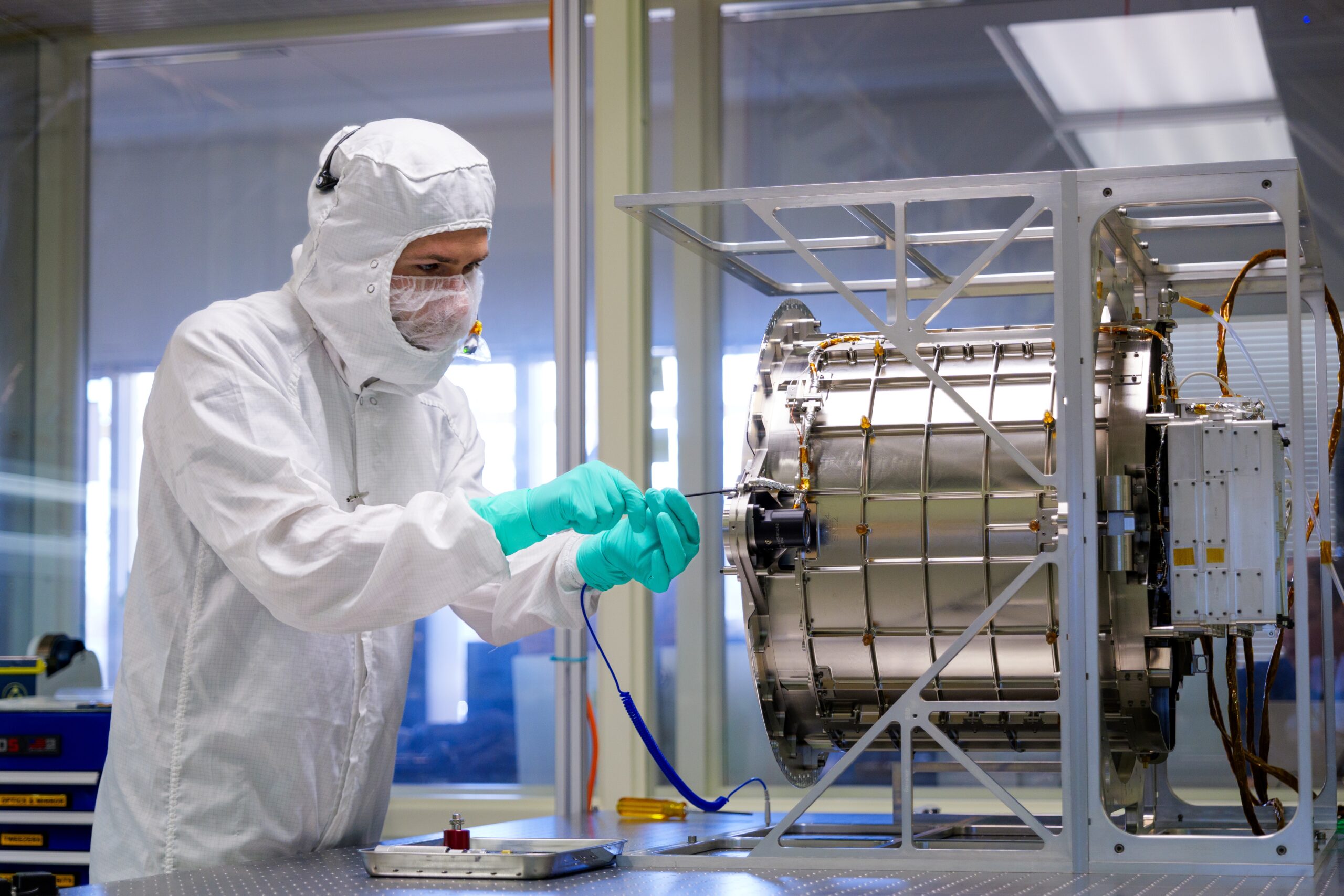
Q: What is your favorite part of your job?
A: One of my favorite parts of my job is working with students. I’ve had two interns on IDEX, and still have one graduate intern supporting the program. I really appreciate the dedication that these students have brought to the program and I hope that we’re having an influential role in their education as well.
Q: What advice would you give students interested in a similar career?
A: In Colorado, we’re fortunate to have a really strong aerospace economy so there are lots of opportunities to get involved (as an engineer, scientist, project manager, or many other careers). In the Denver/Boulder area there are many different companies working on everything from small components or mechanisms to full launch vehicles and spacecraft, many of which offer internships and entry-level positions. The best advice I have for students to be competitive in finding internships is to take advantage of activities at school early on, and practice design and decision-making skills. It can be really tough to get that “first” internship, so anything you can do to set yourself apart is valuable. I’ve been very impressed with students who create online portfolios of their work—they don’t have to be anything fancy, but it can be a great way to showcase technical skills and passion for engineering projects (even course projects count!).
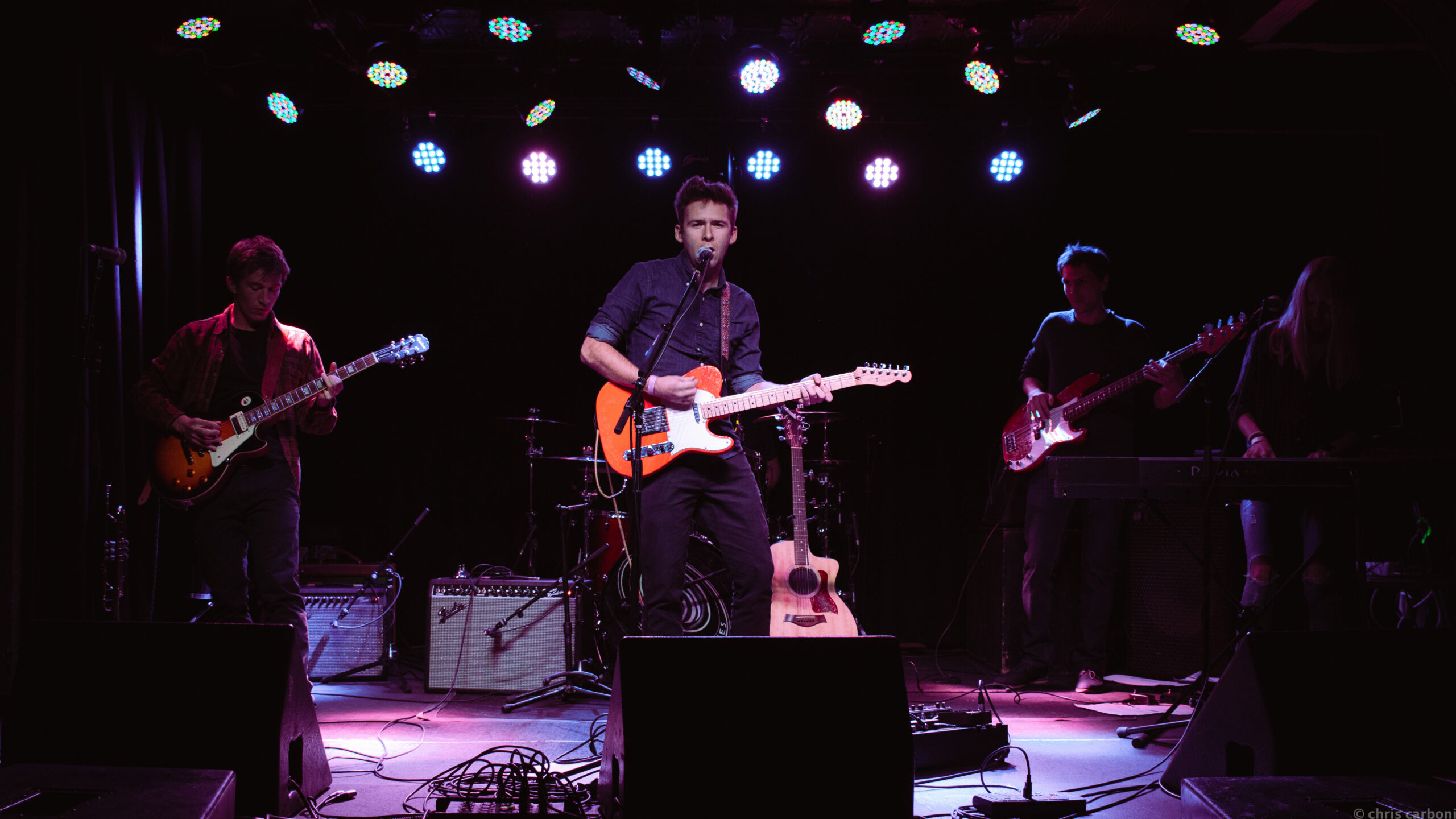
Q: What do you do for fun outside of work?
A: As a Colorado native, I enjoy many of the state’s most popular activities! I’m an avid telemark skier, runner, and have climbed 26 of Colorado’s 14ers. My wife and I also enjoy homebrewing beer and taking trips in my 1972 MGB. My dad and grandpa (both aerospace engineers) have several pre-war MG cars, and I have a lot of fun helping re-engineer these century-old cars and drive them to the fullest! Finally, I play guitar and sing in a band that performs regularly in the Denver/Boulder area.
Founded a decade before NASA, the Laboratory for Atmospheric and Space Physics at the University of Colorado Boulder is on a mission to transform human understanding of the cosmos by pioneering new technologies and approaches to space science. LASP is the only academic research institute in the world to have sent instruments to every planet in our solar system. LASP began celebrating its 75th anniversary in April 2023.

